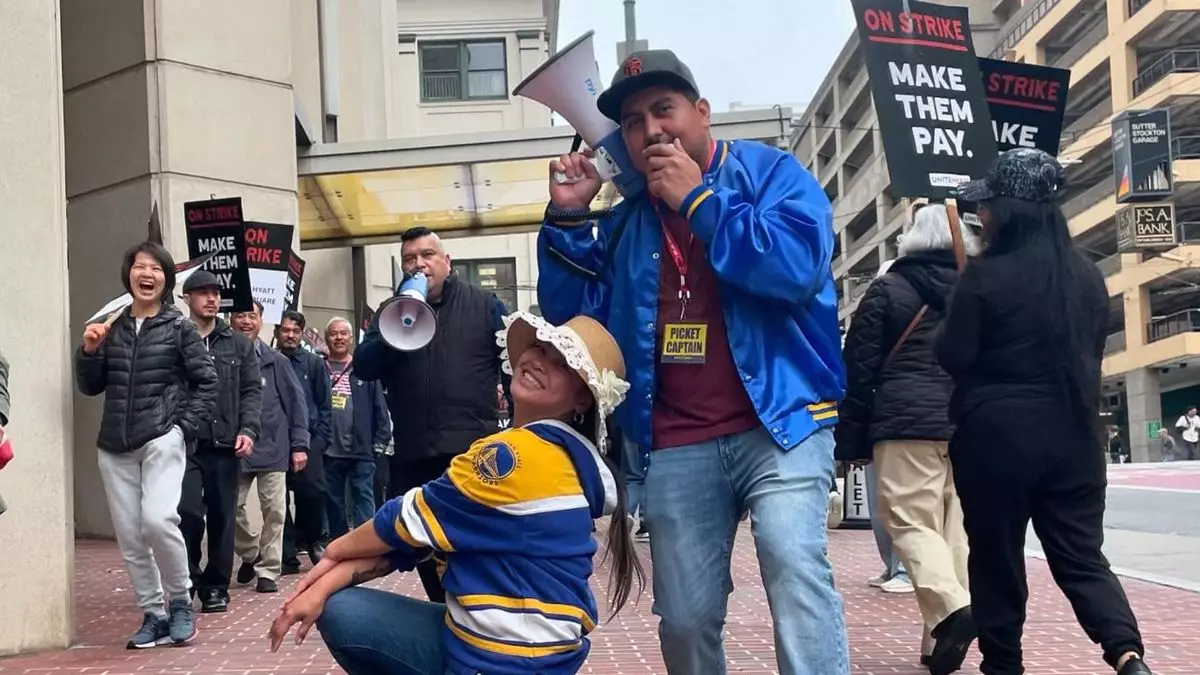The hospitality sector is currently experiencing unprecedented labor unrest, culminating in significant strikes across major cities. On September 22, over 1,500 hotel workers in San Francisco walked off the job, joining a wave of similar actions that have swept through the industry since Labor Day weekend. This movement, spearheaded by the Unite Here labor union, sees more than 2,200 workers now officially on strike in both San Francisco and San Diego, battling for their rights and better working conditions in a post-pandemic economy.
The Extent of the Labor Movement
The impact of these strikes stretches beyond local hotels. Major chains like Hilton, Hyatt, and Marriott International are bracing for significant disruptions. Iconic locations such as the Grand Hyatt San Francisco, Hilton San Francisco Union Square, and Hilton San Diego Bayfront are all affected. The widespread nature of these strikes—spanning nine cities including Boston, where over 1,200 hotel workers recently engaged in a brief work stoppage—illustrates a broader trend of labor mobilization across the nation. Workers are united by common goals: higher wages, improved staffing ratios, and a reinstatement of service conditions abandoned during the pandemic.
In a strategic move, Unite Here has not only aimed to boost awareness of the strikes but has actively encouraged travelers to avoid the affected hotels. The union’s call for consumers to “not eat, sleep, or meet” in these venues serves to spotlight the struggles of hospitality workers during an economically challenging time. Moreover, the union provides valuable tools for the public, such as the Labor Dispute Map available through FairHotel.org, which helps travelers identify which hotels are currently impacted by strikes and suggests alternative accommodations.
The Underlying Issues at Stake
The labor disputes within the hospitality industry reflect a deeper examination of worker treatment and rights in sectors historically marked by low wages and high turnover rates. Workers are not only asking for a return to past conditions but are demanding a significant improvement in their work environment and compensation. The concerns raised during these strikes highlight the growing recognition of the essential nature of hospitality workers, especially following the economic turmoil faced during the pandemic.
This wave of strikes signifies a crucial moment in labor relations within the U.S. The hospitality sector, vital in the economic fabric of many cities, is at a turning point. The collective action of hotel workers signifies their determination to address longstanding grievances, prompting broader discussions about labor rights and the impact of economic policies on frontline workers. As the labor movement gains momentum, it exemplifies a fight not only for personal betterment but for the rights of workers nationwide, creating a ripple effect that could shape the future of labor relations in the U.S. hospitality industry and beyond.


Leave a Reply